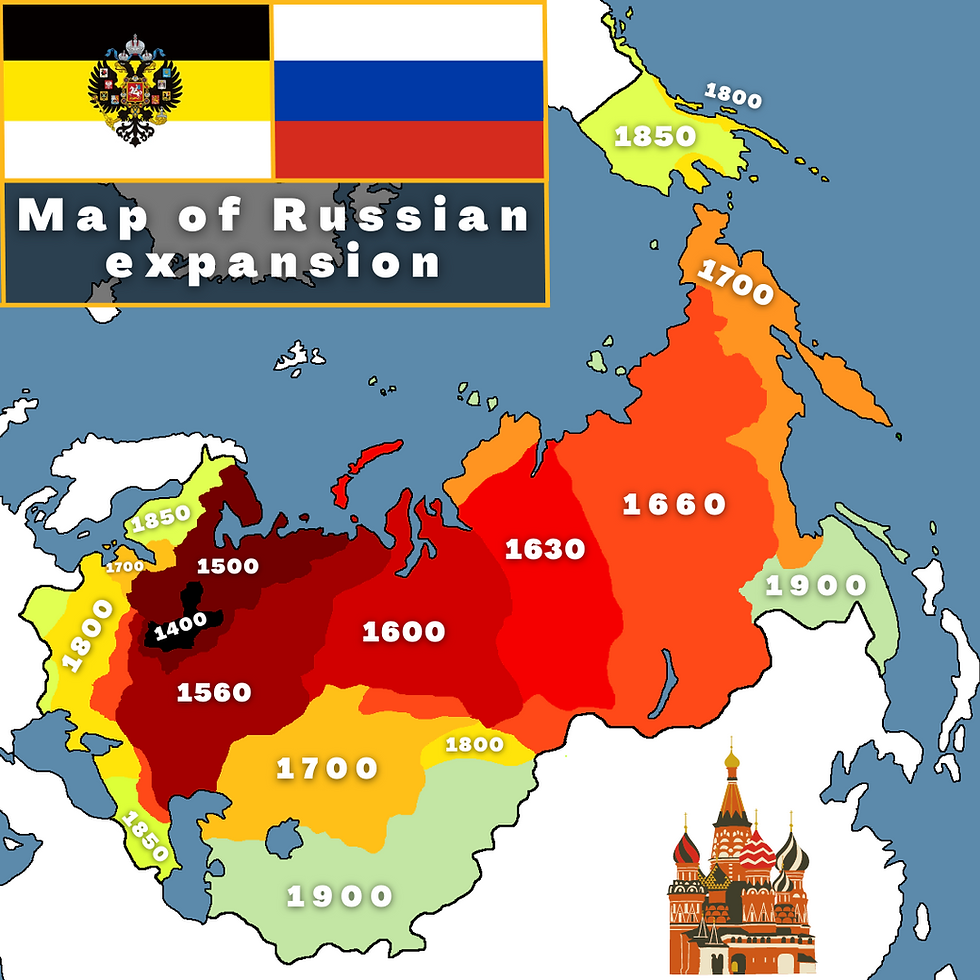Demographics of Kosovo
- hunmapper

- Apr 10, 2022
- 2 min read
The first census took place in 2011, 3 years after Kosovo declared independence. The recorded population was 1,810,366 people. Over 93% of the population was Albanian, however it's important to note that most of the Serbs boycotted the census. Bosniaks made up around 1,6% of the total population. Another interesting fact is that the census did not even take place in the northern parts of Kosovo where Serbs are the majority.

Short history
The area was the centre of the Serbian Empire in the medieval times. The name "Kosovo" comes from the Serbian language and means "field of blackbirds".
The name "Kosovo" comes from a Serbian place-name meaning “field of blackbirds.”
In the latter half of the 15th century Kosovo was conquered by the Ottoman Empire and remained part of it until 1912 when Serbia annexed it. In the Ottoman era majority of the population became muslim and the number of Albanian speakers significantly increased.
Kosovo became part of Yugoslavia, and by the second half of the 20th century Albanians outnumbered Serbs. In 1998 an ethnic Albanian rebellion escalated into an international conflict, and Yugoslavia was bombed by NATO forces. Under UN supervision Kosovo developed the structures of an independent country, and in February 2008 it formally declared independence from Serbia.
Languages
Albanian and Serb are both official languages in Kosovo. Turkish, Bosnian and Romani are also official in some muncipalities. The Albanians in Kosovo speak the Gheg dialect of the Albanian language, while in the media standard Albanian is used. The Serbs, Bosniaks and Croats speak Serbo-Croatian, however they usually prefer to refer to identify the language they speak as their ethnicity. The Gorani people speak their own South Slavic dialect.
Religion
Kosovo doesn't have an official religion, although more than 90% of the population follows Sunni Islam. A significant proportion of them are only nominally muslim; many do not regularly attend mosque services but fasting for Ramadan is common. Serbs and a significant portion of the Roma population follows Eastern Orthodox Christianity.




Comments